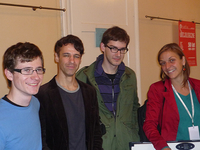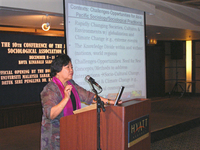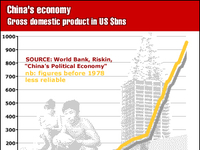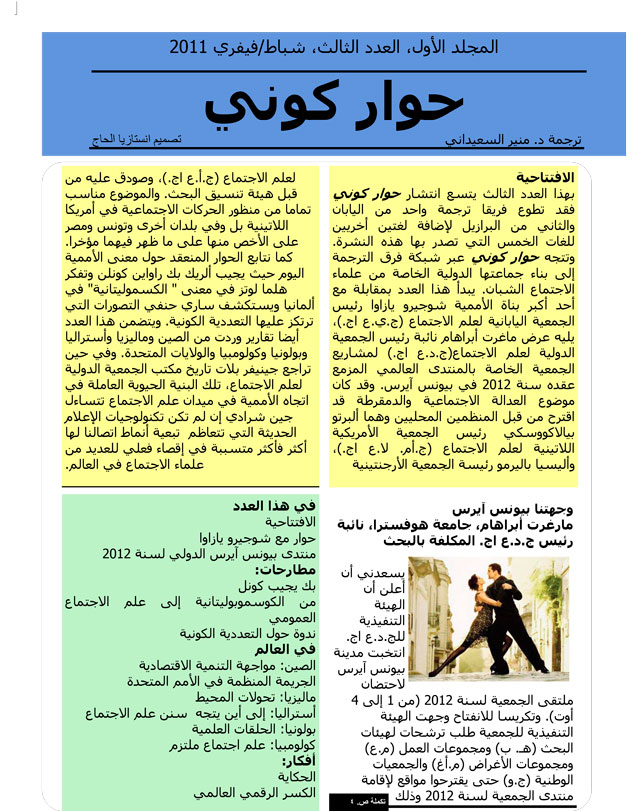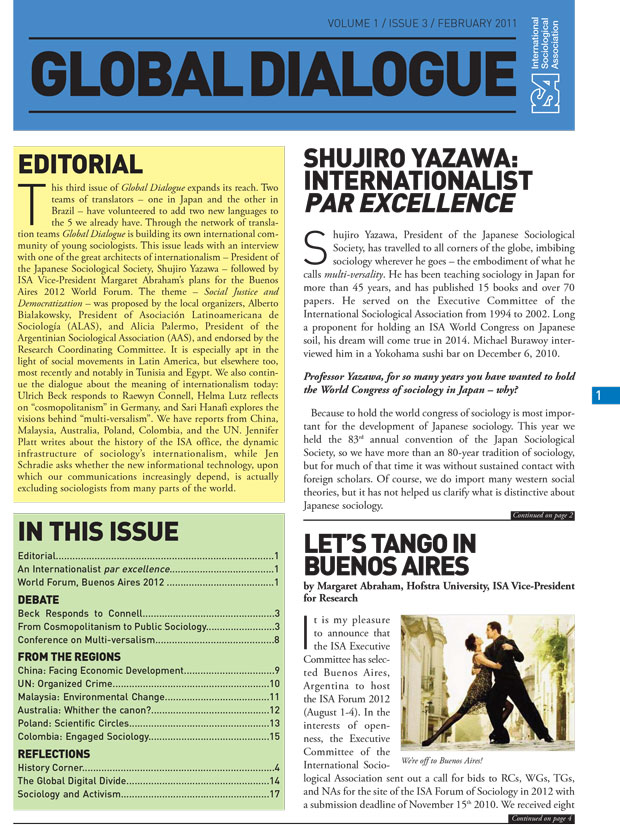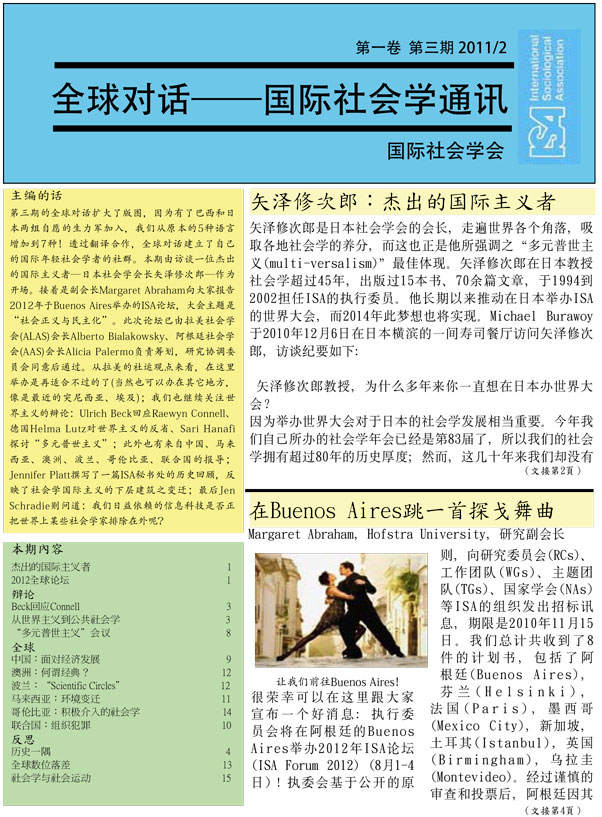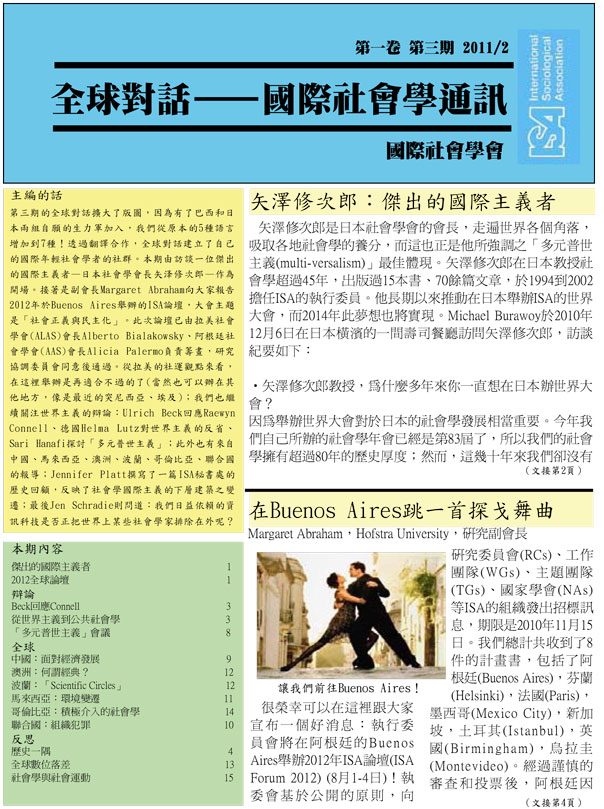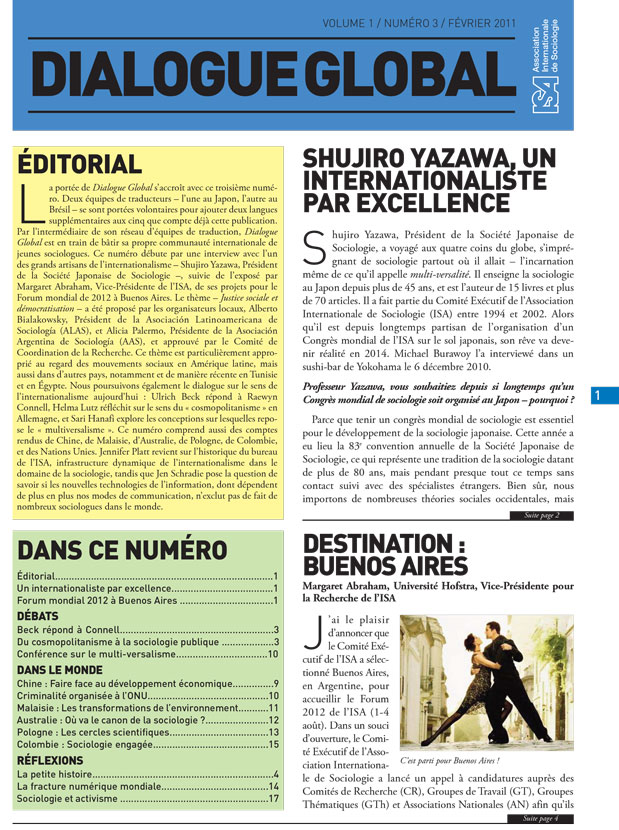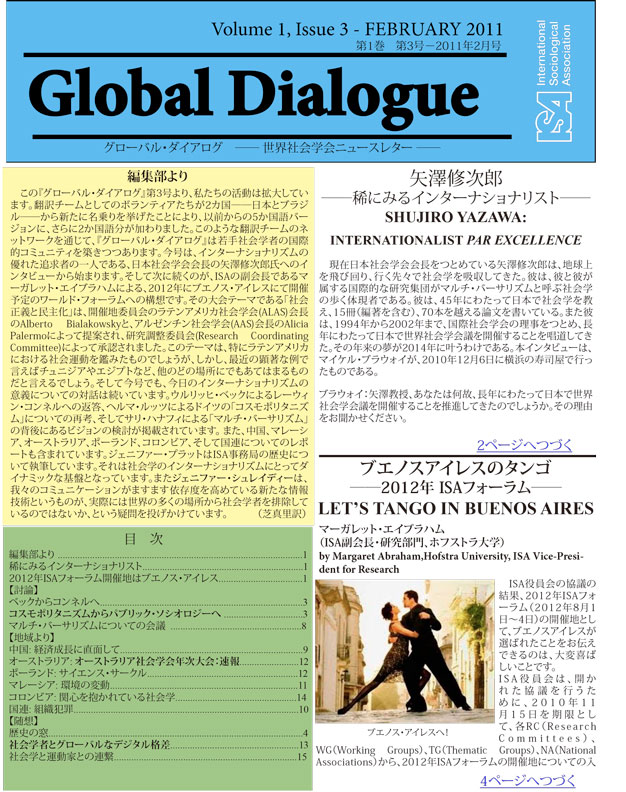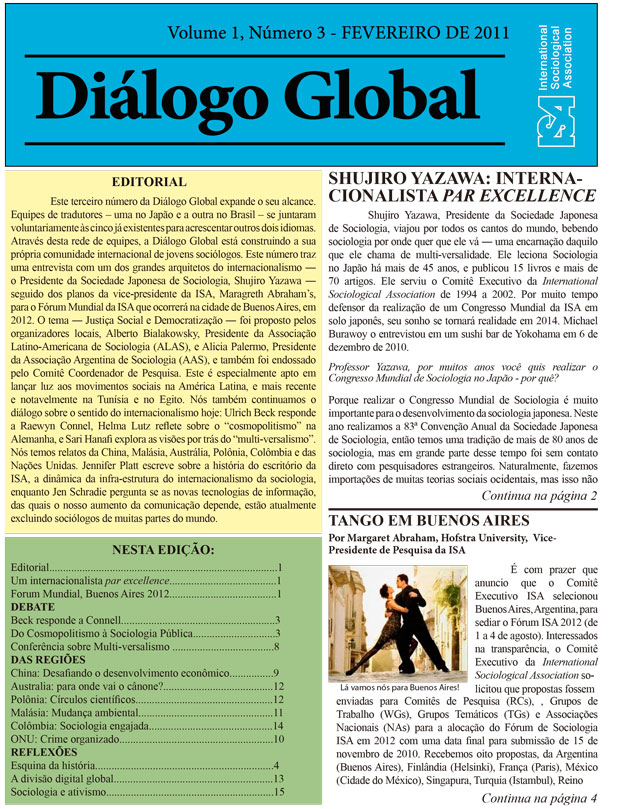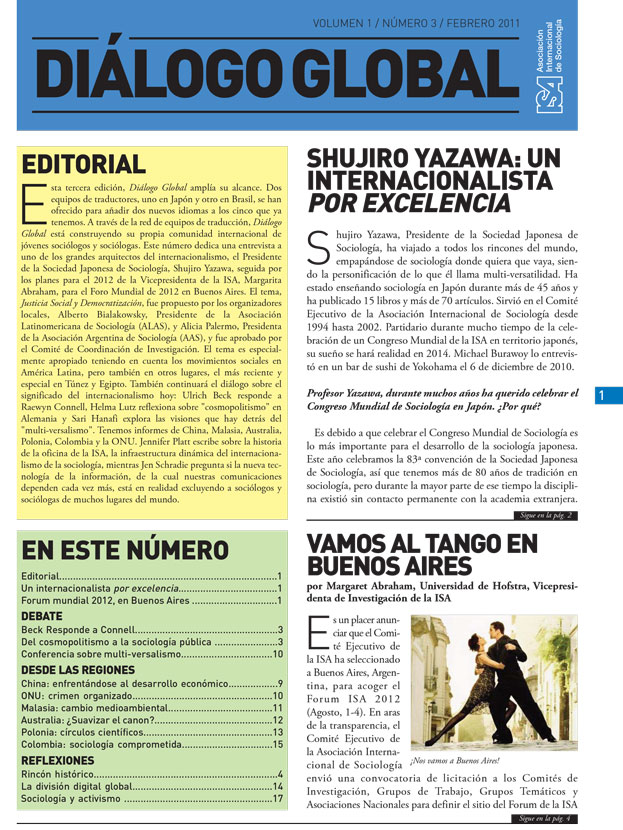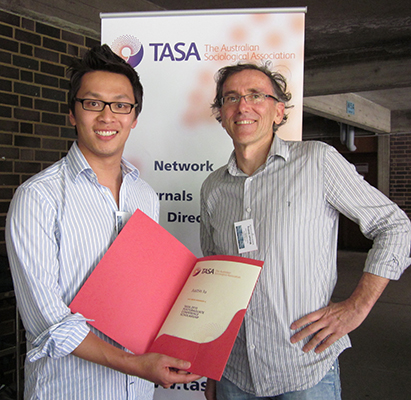The 2010 conference of The Australian Sociological Association (TASA) was held at Macquarie University in Sydney, December 6-9. The conference began with a sociology trivia night. The collective store of esotery in the Australian sociological community was much improved by the night (beware of entering casual conversations with your Australian colleagues at future ISA events). My trivia team, mostly composed of members of the TASA Sociology of Youth Thematic Group, came second. The collective consensus was that second was ideal. We appeared knowledgeable to our colleagues, but not so much as to be intimidating. And, in the grand tradition of egalitarianism in Australian Sociology, the prize for coming second (four bottles of wine) was the same as the prize for coming first.
The opening keynote speaker at TASA 2010 was Syed Farid Alatas. Dr Alatas’ presentation built on a number of debates at recent TASA conferences on the Raewyn Connell’s call for a ‘Southern’ sociology. Dr Alatas focused on how theories from the non-Western majority world can be put into conversation with the ‘canon’ of Western sociology and literature. The second keynote, from Mary Holmes, challenged delegates to consider the central role of emotions in contemporary subjectivity and the reflexive way that people may utilise emotions in shaping their lives. The final keynote session featured a panel of Raewyn Connell, Jack Barbalet and Michael Gilding asking ‘has the concept of neo-liberalism outlived its usefulness’. It was suggested that the concept can lead to lazy sociology when it is used to explain too much, and that the concept might not correctly characterize contemporary global capitalism. Yet, the consensus seemed to be that if contemporary sociologists didn’t have a concept like neo-liberalism it would have to be invented.
The concurrent sessions were vibrant. I spent my time in attending session in the Sociology of Youth stream, in which most sessions were packed to overflowing and the debate was both charitable and spirited. From all reports the other concurrent sessions were equally lively and well attended. Seats were precious, with even some of the elders of Australian sociology left standing at the door without a seat if they were late to a session. Some more cynical delegates suggested that some of the profs were doing their best to look old and frail, in an attempt to guilt their younger colleagues into relinquishing their seats.
My general impression of the conference was that there was less of a focus on ‘crisis’, either in the present or in the near future, for Australian sociology. Presenters seemed more positive than in recent years about the contribution being made by Australian sociologists. This optimism might be due to a growing sense of confidence – a sense that we have a voice, even if not the most influential, in public debates in contemporary Australia. Or it is possibly a correlate of a number of sociology departments hiring new staff and expanding over the past year or so. Or maybe it was simply a sense of relief that our funding circumstances did not seem as dire as that facing the small number of colleagues from the UK who braved the long trip to this side of the world for the conference.
A final note, although all the bars at the university had closed for the summer recess, the conference had a wonderfully social atmosphere. Many conversations started during the day continued long into the evening. Places to socialise off campus were quickly located, and stories will no doubt be told at TASA conferences for many years to come about the group of 15 or so mild-mannered sociology professors who were physically escorted (thrown out) of a bar near the campus at about 3 in the morning. My colleague, Ani Wierenga, suggested that a prize should be offered at next year’s conference for the best sociological analysis (or even recollection!) of the chain of events leading up to this now infamous bouncer-boffin confrontation. Next year’s conference will be held at the University of Newcastle at the end of November, under the theme ‘Local Lives/Global Networks’. The former industrial city of Newcastle, on the coast two hour’s drive north of Sydney, was recently named by the travel bible Lonely Planet as one of the top ten ‘must see’ cities for 2011. For our international colleagues, where resources allow, 2011 looks like a great year to come and experience a TASA conference.
Dan Woodman, Australian National University, Australia
